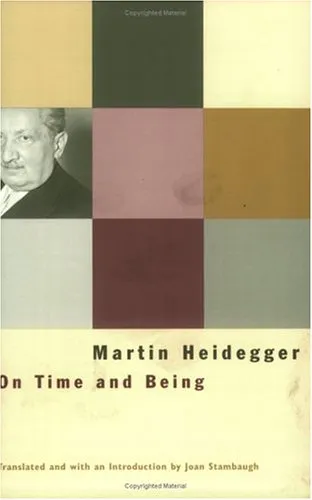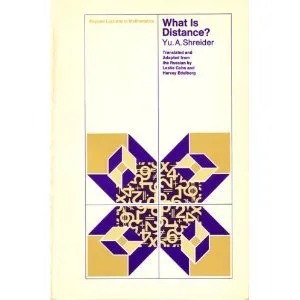Introduction to "On Time and Being"
In "On Time and Being," Martin Heidegger delves into the fundamental questions of philosophy, exploring the intricate correlations between temporality and existence. Published later in his career, this book is a vital piece for understanding Heidegger’s thoughts and his philosophical trajectory post-"Being and Time." Translated by Joan Stambaugh, "On Time and Being" offers deep insights into the reflections of one of the most influential philosophers of the 20th century.
Detailed Summary of the Book
Heidegger's "On Time and Being" is a collection of four of his essays and lectures that revolve around the themes of temporality and existence. These essays represent a continuation and evolution of the ideas Heidegger presented in "Being and Time." He explores the concept of Being not as a static entity but as something interwoven with time, contributing to a fluid understanding of existence.
Heidegger's examination roots in the notion that the traditional metaphysical approaches have overlooked the ontological questions of Being. In these essays, he shifts from the existential analysis of Dasein to a more profound discourse on the relationship between Being and time, emphasizing the temporal aspects of Being.
The key ideas articulated in these essays include the ontological difference, the notion of the event of appropriation (Ereignis), and the importance of language in revealing the truths of Being. Heidegger's exploration into these subjects challenges the reader to think beyond classical metaphysical constraints and recognize the dynamic nature of Being that unfolds in time.
Key Takeaways
- Heidegger extends the concept of Being from "Being and Time" by entwining it more explicitly with temporality.
- He introduces the idea of Ereignis (the event of appropriation) which frames the unfolding of Being in time.
- The ontological difference between beings and Being is further refined and amplified.
- Language is central in manifesting the truth of Being, reflecting Heidegger’s philosophical focus on linguistic analysis.
Famous Quotes from the Book
"Time and Being reveal themselves more originally than gettable in the marketplace."
"Appropriation gathers the twofold into their own, which belong together as Being and time, in such a manner that their own is safeguarded in mutuality, Uniquely and simply held fallow by the remoteness of what is their own."
Why This Book Matters
"On Time and Being" is a pivotal addition to the existential and phenomenological discourse within the philosophical landscape. It represents Heidegger’s mature thinking as he grapples with the limitations and potentials of his earlier work. This book is instrumental in grasping Heidegger’s evolution from a focus solely on human-centered analysis in "Being and Time" to exploring the broader implications of Being itself.
For students and scholars of philosophy, "On Time and Being" offers critical insights into Heidegger's later thoughts and is essential for anyone seeking to understand the full scope of his philosophical endeavors. By challenging prevailing metaphysical notions, Heidegger encourages a re-interpretation of fundamental concepts governing existence, presence, and temporality.
The book stands as a significant philosophical text that invites its readers into an enduring conversation about the nature of reality, promising to reshape and deepen their understanding of the indispensable relations between time, Being, and the intricacies of human existence.




